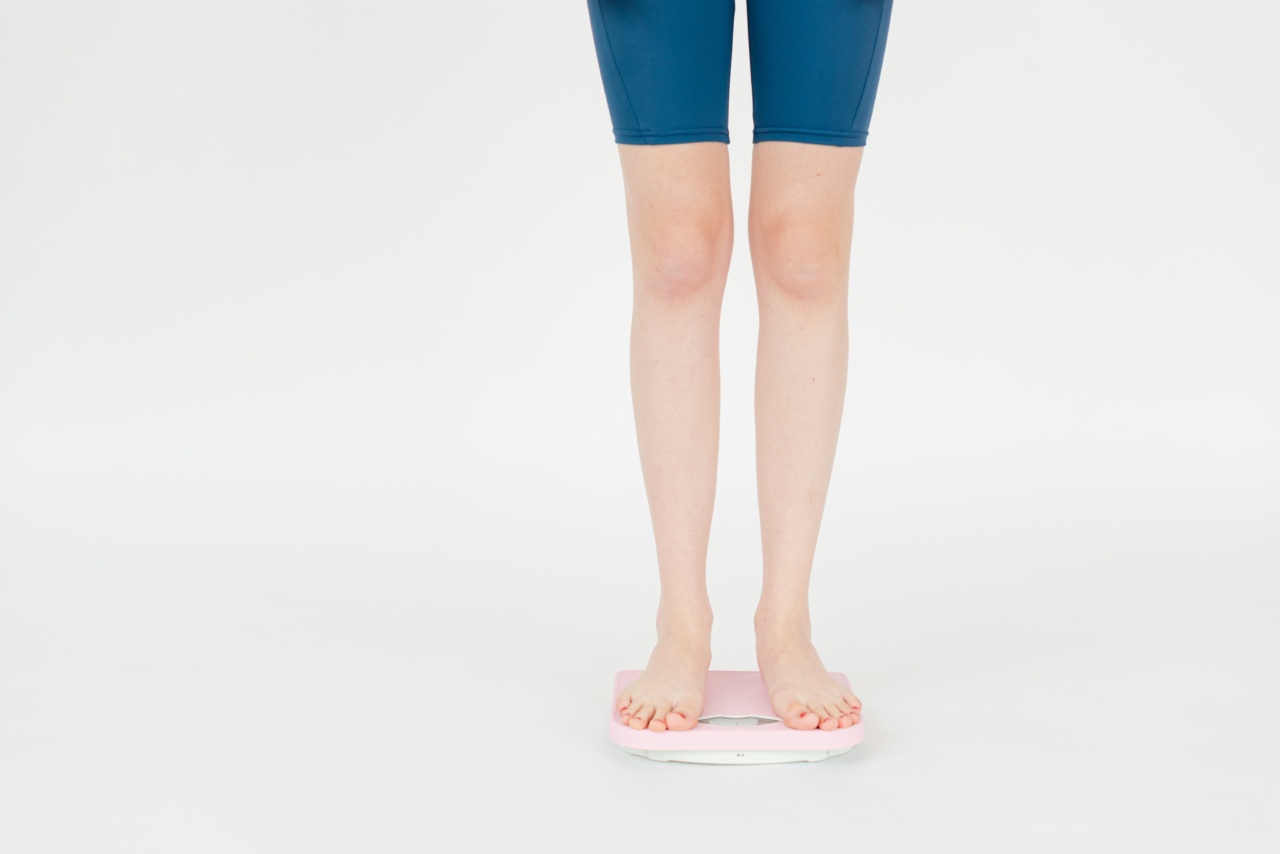High blood pressure, also known as hypertension, is a common health condition that affects millions of people worldwide.
It is often referred to as the “silent killer” because it typically has no obvious symptoms but can lead to serious complications such as heart disease, stroke, and kidney problems if left untreated. One of the most effective ways to manage and control blood pressure is through healthy weight management. Maintaining a healthy weight not only helps to lower blood pressure but also reduces the risk of various other health issues.
The Link between Weight and Blood Pressure
There is a strong correlation between weight and blood pressure. Being overweight or obese puts extra strain on the heart and blood vessels, increasing the risk of hypertension.
Excess body weight leads to the accumulation of fatty tissues, which in turn release harmful substances that can disrupt the normal functioning of blood vessels and increase blood pressure. Additionally, carrying excess weight often leads to a sedentary lifestyle, lack of physical activity, and poor dietary habits, all of which contribute to high blood pressure.
The Role of Diet in Blood Pressure Control
A healthy and balanced diet is key to maintaining a healthy weight and managing blood pressure. The Dietary Approaches to Stop Hypertension (DASH) diet is widely recommended for individuals with hypertension.
It emphasizes the consumption of fruits, vegetables, whole grains, lean proteins, and low-fat dairy products while limiting the intake of sodium, saturated fats, and added sugars. This type of diet promotes weight loss, lowers blood pressure, and improves overall heart health.
The Importance of Regular Physical Activity
Engaging in regular physical activity is crucial for weight management and blood pressure control. Exercise helps to burn calories, reduce body fat, and strengthen the cardiovascular system.
It also improves blood circulation, enhances the efficiency of the heart, and lowers blood pressure. Aim for at least 150 minutes of moderate-intensity aerobic activity or 75 minutes of vigorous-intensity activity each week.
Find activities you enjoy, such as walking, swimming, cycling, or dancing, to make regular exercise a part of your healthy lifestyle.
The Impact of Stress on Blood Pressure
Stress is a significant contributor to high blood pressure. When you are stressed, your body releases stress hormones that temporarily increase blood pressure. Long-term stress, however, can lead to chronic high blood pressure.
Therefore, managing stress levels is essential for blood pressure control. Practice stress-relieving techniques such as deep breathing, meditation, yoga, or engaging in hobbies to relax the mind and body. Additionally, getting enough sleep and maintaining a healthy work-life balance are crucial for stress management.
The Role of Sleep in Blood Pressure Regulation
A good night’s sleep is essential for overall health and helps regulate blood pressure. Lack of sleep or poor-quality sleep can contribute to obesity, high blood pressure, and other chronic health conditions.
Aim for 7-9 hours of uninterrupted sleep each night. Establish a regular sleep schedule, create a comfortable sleep environment, and practice relaxing bedtime rituals to improve sleep quality and promote blood pressure control.
Avoid Tobacco and Limit Alcohol Consumption
Smoking and excessive alcohol consumption are detrimental to both weight management and blood pressure control. Smoking damages blood vessels, narrows arteries, and increases the risk of heart disease.
Quitting smoking not only benefits blood pressure but also contributes to overall improved health. Similarly, excessive alcohol intake raises blood pressure and adds empty calories to your diet, leading to weight gain. If you choose to consume alcohol, do so in moderation. Limit yourself to one drink per day for women and two drinks per day for men.
The Importance of Regular Monitoring and Medical Check-ups
Regular monitoring of blood pressure is vital for understanding and managing hypertension effectively.
Having regular medical check-ups allows healthcare professionals to assess your overall health, provide guidance on maintaining a healthy weight, and monitor any potential complications. They can also recommend personalized dietary and lifestyle modifications based on your specific needs.
Seek Support and Accountability
Reaching and maintaining a healthy weight requires dedication and support. Consider joining weight management support groups or programs that provide guidance, motivation, and accountability.
Sharing your journey with others who have similar goals can be highly beneficial in achieving long-term success in weight management and blood pressure control.
In conclusion, healthy weight management plays a crucial role in controlling blood pressure.
By adopting a healthy and balanced diet, engaging in regular physical activity, managing stress levels, prioritizing quality sleep, avoiding tobacco use and excessive alcohol consumption, and seeking regular medical check-ups, you can effectively manage your weight and keep your blood pressure within a healthy range. Remember, small changes can make a big difference in preventing hypertension and reducing the risk of associated complications.































